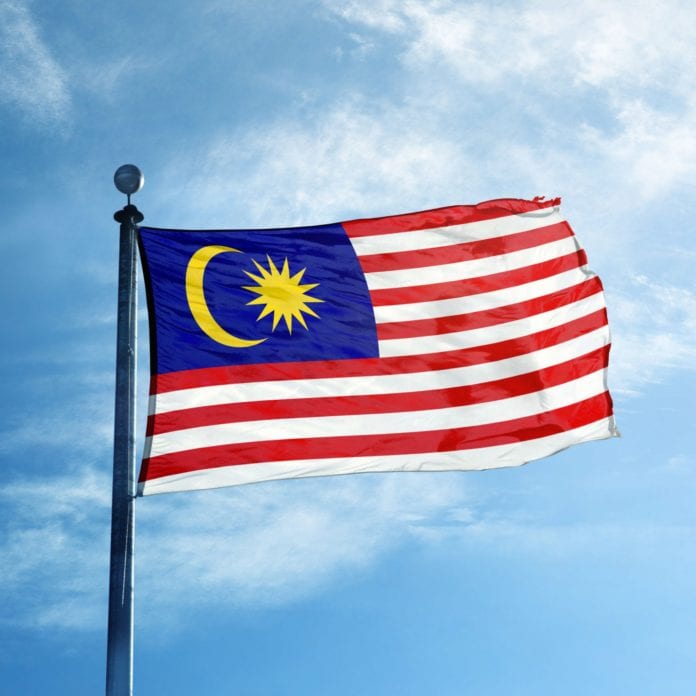With this new capital injection, each telco’s total contribution to DNB has risen to approximately MYR350 million
In sum – what to know:
$82.8M added to DNB – CelcomDigi, Maxis, and YTL Power increased their stakes to stabilize operations, pushing total investment to over MYR1 billion.
Second 5G network risk – U Mobile’s new network could draw customers away from DNB, creating pressure on revenue sustainability.
Future funding likely – DNB acknowledged further capital may be needed, while MOF prepares to exit its shareholding later this year.
Malaysian operators CelcomDigi, Maxis and YTL Power International have committed an additional MYR350 million ($82.8 million) into Malaysia’s state-run 5G wholesale network operator Digital Nasional Berhad (DNB), as the company faces growing financial pressure ahead of the launch of a second 5G network oin the Asian nation.
Recent regulatory filings revealed that each of the three companies will contribute MYR116.67 million under their share subscription agreements, which were finalized in June 2024. That initial deal saw CelcomDigi, Maxis, and YTL each invest MYR233.33 million to secure 19.44% stakes in DNB.
With this new capital injection, each telco’s total contribution to DNB has risen to approximately MYR350 million, bringing their combined investment to just over MYR1 billion. The country’s Ministry of Finance (MOF) currently holds the remaining 41.67% stake in DNB.
CelcomDigi explained that the additional capital is intended to support DNB’s day-to-day operations, support its 5G rollout, and stabilize its financial footing. Maxis added that the move would not materially affect its financial results. However, the regulator filings warned that the rollout of the country’s second 5G network by U Mobile’s could divert customers from DNB, undermining revenue and long-term viability.
DNB itself has acknowledged that further capital injections may be required in the future to keep pace with rising demand and competitive pressures in Malaysia’s mobile market.
The development follows U Mobile’s decision in May 2025 to exit DNB, selling its 16.28% holding to the other stakeholders and the government.
According to the filings, the MOF intends to divest its entire 41.67% shareholding in DNB to CelcomDigi, Maxis and YTL Power by November 12, 2025, unless an alternative arrangement is agreed.
In November 2024, the Malaysian Communications and Multimedia Commission (MCMC) gave the approval to deploy the second 5G network to U Mobile, the third-largest operator in the country. U Mobile previously selected Chinese vendors Huawei and ZTE as its key technology partners to build a new 5G network in the country.
In May 2023, Malaysian authorities had said that the country would shift to a dual 5G network once DNB achieved 80% coverage in populated areas, something that occurred in December 2023.
The government of Malaysia had also revoked a previous ministerial direction of 2021, which had designated DNB as the sole entity responsible for Malaysia’s 5G deployment.
DNB was set up by the Malaysian government in 2021 as a special purpose vehicle to develop the country’s 5G network infrastructure, which private telecommunications firms are currently using to offer 5G services to their customers. DNB’s 5G network was deployed by Ericsson.
As of today, all operators in Malaysia are offering 5G service in Malaysia via DNB.

